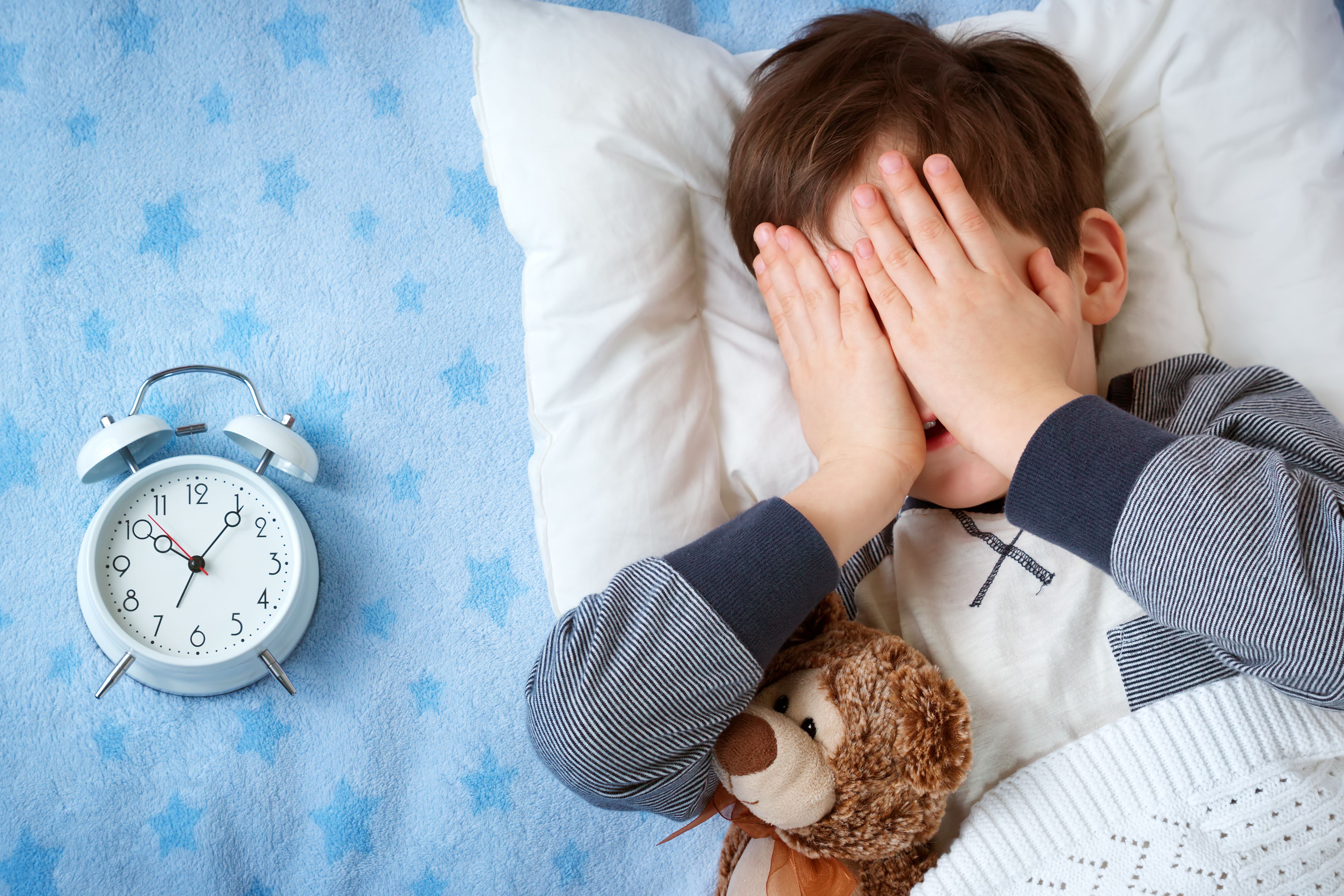
(Vienna, 23 March 2017) At 2 o'clock in the morning this coming Sunday the clocks will go forward to 3 o'clock – from winter time to summer time. We will therefore "lose" an hour of our normal sleeping time. Many people don't even notice this "mini jetlag". However, children and adolescents should be prepared for this change, because they are the most severely affected by it. This was stressed by Gerhard Klösch, sleep researcher at MedUni Vienna’s Department of Neurology.
This is partly due to the different physiology of young people and partly to the constant availability of digital devices such as mobiles, tablets or computers. Says Klösch: "Up to the age of 10 we need between ten and eleven hours of restorative sleep and, as adolescent, around nine hours. It’s only when we are older that seven hours sleep is enough." Scientific studies have shown that the change-over to summer time effectively costs children and adolescents 32 minutes sleep – and this deficit can be repeated daily for a period of two weeks and thus accumulate.
Getting enough sleep during the night the clocks change
Children should therefore make sure that they are not already in sleep deficit before next Sunday. "The problem is that digital devices with their blue light rob us of sleep. It is therefore important to plan in mobile-free periods in the evening, at least in the four or five days beforehand and, if possible, to go to bed half an hour earlier," says Klösch. Unlike older people, young people go through an extra phase of REM sleep in the morning. "The later they go to bed, the later this deep sleep phase occurs. If they are woken in the middle of it, they feel like they are drugged with sleep. This also increases the risk of road accidents."
Even during "normal" times, children and adolescents build up an enormous sleep deficit during the week, which they then catch up at the weekend by sleeping in until midday. One in three children needs an alarm clock to wake them up in the morning to go to nursery or school. On top of that, from a chronobiological perspective, most adolescents are "night owls". The change-over to summer time therefore increases this deficit, causing stress intolerance and a performance low. Teachers should be aware of this: "Tests on the Monday after the clocks have gone forward are not really advisable or fair," says Klösch.
Daytime tiredness as a social problem
Generally sleepiness and daytime tiredness represent a widespread problem among adolescents. A recent British study conducted by scientists in York has shown that adolescents who are more frequently tired are not only disruptive in school but also experience social problems later on. Says Klösch: "Using the crime statistics in York, it was found that 15-year-olds who were constantly tired and displayed disruptive social behaviour had a 4.5 times higher risk of offending as 29-year-olds."
Changing the clocks unnecessary from a sleep research point of view
In the present day, changing the clocks – whether from winter time to summer time or vice versa – is no longer relevant or necessary, says the MedUni Vienna sleep researcher. The human organism will automatically adapt, especially to the natural rhythm of daylight. Says Klösch: "As soon as it starts to get light earlier, we start to adapt. We do not need to change the clocks for this. Daylight is an excellent timer." From a sleep research perspective, it would therefore be much better to stick to one system of time.